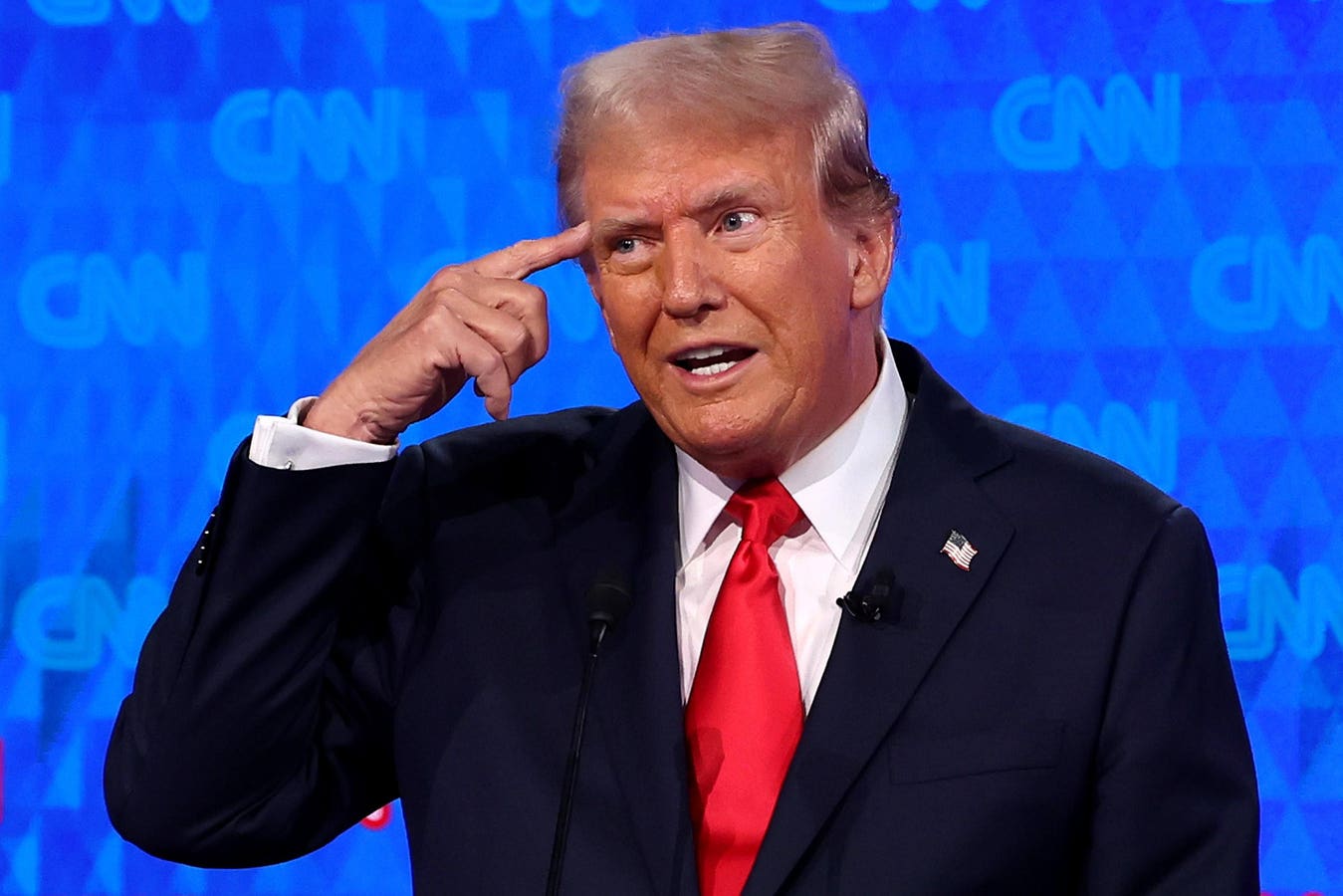Introduction
As Donald Trump takes office with ambitious plans to position the United States as the world’s leading bitcoin mining destination, the implications of these developments raise essential questions about freedom, regulation, and institutionalization within the cryptocurrency space. With vocal supporters heralding bitcoin as a Strategic Reserve Asset, a deeper examination reveals the paradox between innovation and control in the evolving landscape of digital currencies.
Centralizing Bitcoin Mining
The Trump administration’s commitment to bitcoin mining as a national policy anchors the conversation around the cryptocurrency’s future. U.S. General Counsel for Bitfarms, Rachel Silverstein, emphasized mining’s strategic significance, hinting at its potential for economic exploitation, even war avoidance through sanctioned compliance. The finite capacity of bitcoin blocks amplifies this concern; greater mining control may lead to transaction censorship, shaping the transaction landscape according to regulatory whims and compliance mandates.
The Global Adoption Of U.S. Standards
U.S. financial regulations historically influence international norms, with organizations like the Financial Action Task Force (FATF) propagating American priorities. The potential for the U.S. to extend its influence through bitcoin mining dominance is stark—regulatory measures could enforce national security ideologies, redirecting bitcoin’s decentralized essence into a tool for international control.
Bitcoin’s Strategic Reserve Asset
Proponents like Senator Cynthia Lummis praise the SBR for its proposed economic benefits, arguing it addresses debt challenges and bolsters the U.S. on the global stage. Yet, as institutional players push frameworks promoting compliance, there’s an inherent risk of transforming bitcoin from a private asset to a regulated commodity, curtailing its inherent characteristics of decentralization and resistance to censorship.
Tether: A Parallel Player
While much focus rests on bitcoin, Tether, a leading stablecoin, silently reaps enormous profits amid global financial unrest. Its financial mechanisms not only underpin U.S. economic interests but also contribute to widening global financial disparities—reflecting the intertwining of financial power and cryptocurrency.
Regulation And Influence
Contrasting with the ethos of “freedom money,” the institutional seizure of bitcoin is potentially jeopardized by overreaching regulatory measures. As compliance standards tighten, those who cannot or will not conform could find themselves increasingly marginalized in a market that weeds out non-compliance.
Reclaiming Bitcoin’s Values
Amid these disconcerting trends, there must be a renewed commitment to scrutinize the deeper implications of a centralized approach to bitcoin. Legislative reforms are imperative to preserve cryptocurrency’s foundational ideals, championing privacy and financial sovereignty in an era where institutional frameworks could threaten them. Advocacies like Senator Mike Lee’s Saving Privacy Act signal potential shifts towards ensuring that stringent regulations do not undermine overarching goals of financial freedom.
Key Takeaways
- The push for bitcoin mining dominance may erode its foundational values of decentralization and freedom.
- U.S. regulatory practices could influence global cryptocurrency norms, complicating systems of financial accountability.
- Widespread institutionalization risks prioritizing compliance over innovation and access.
- Calls for legislative reforms highlight the need for clarity in financial practices without stifling the core principles of crypto-assets.

